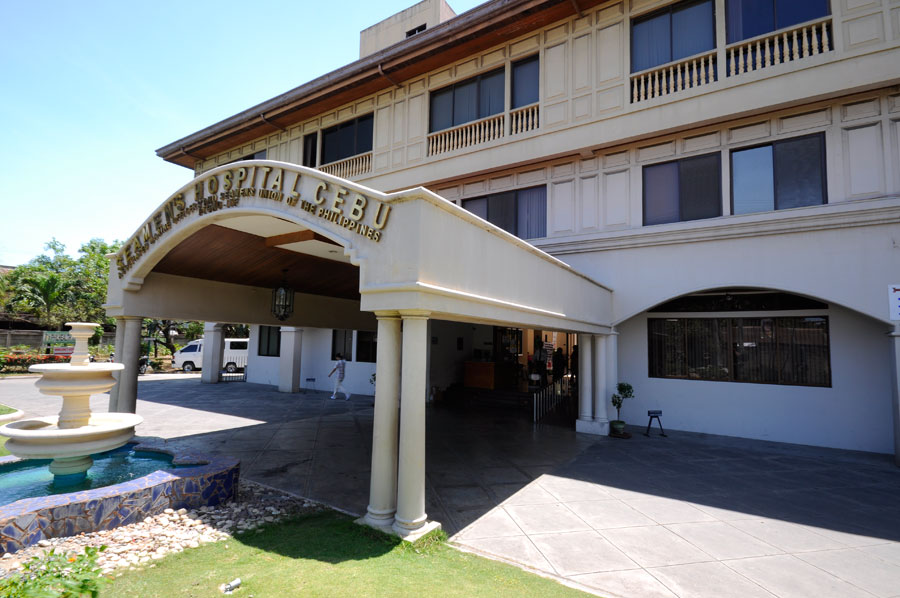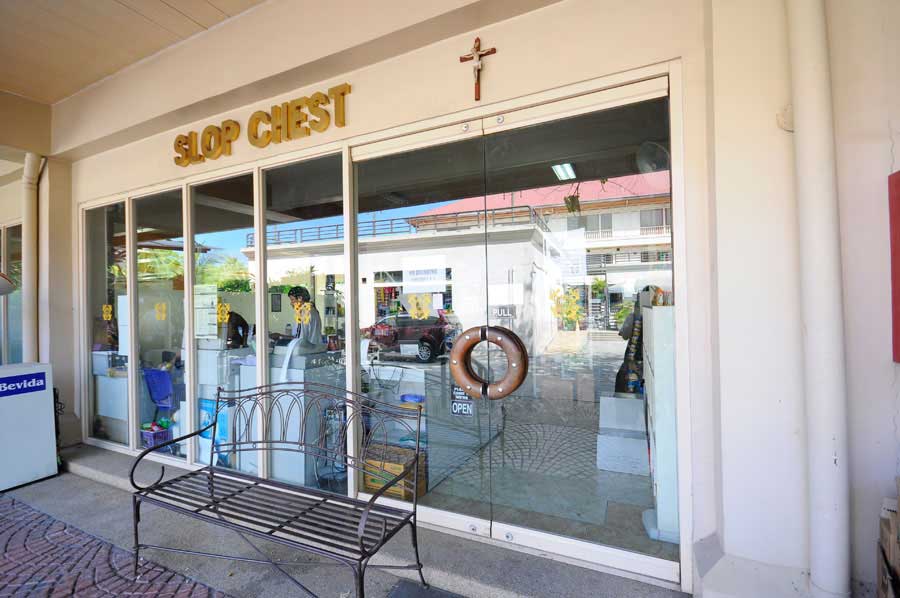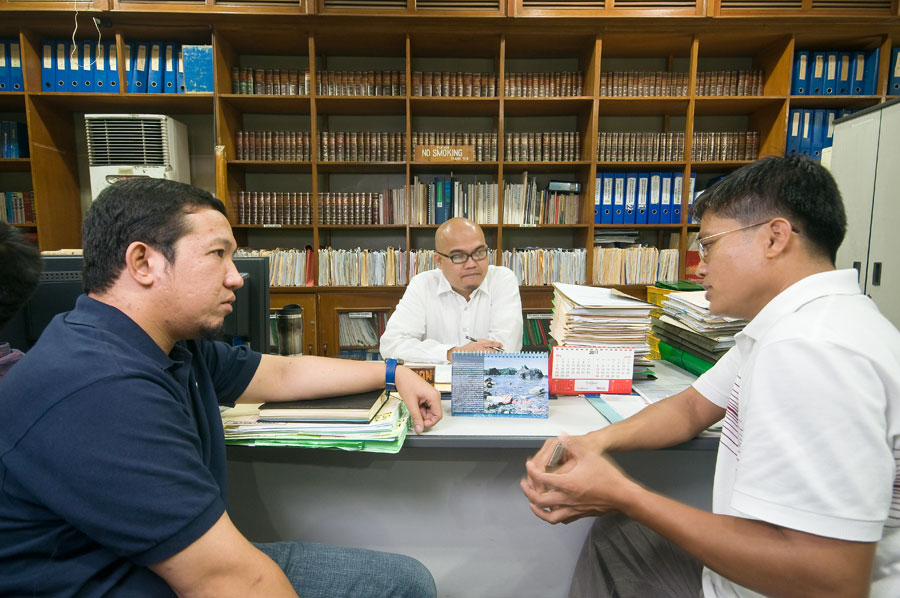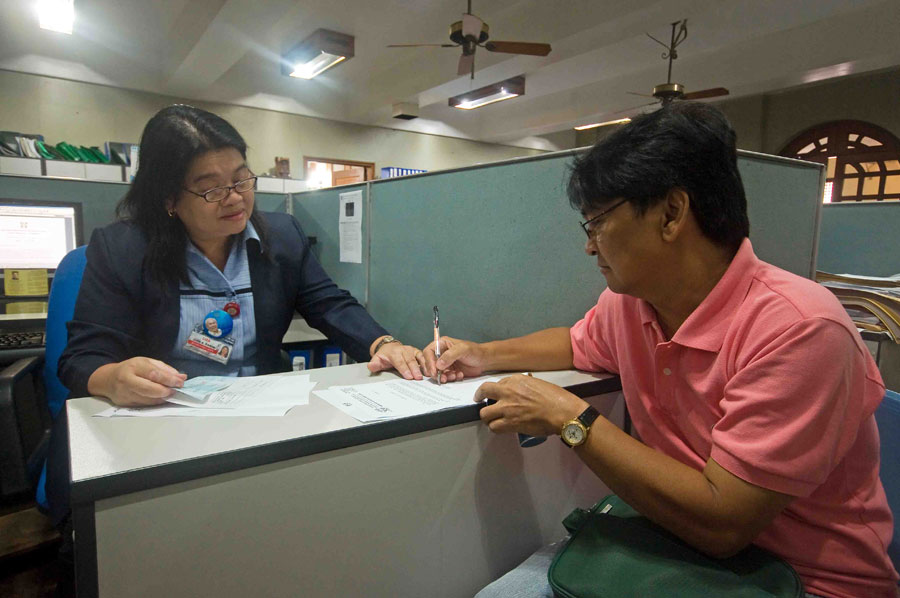AMOSUP believes that the time is ripe for the whole global maritime industry, especially governments, to take bolder, more concerted and decisive countermeasures in dealing with piracy. We support the plan to advise seafarers to prepare considering options in the near future, including declining employment when ships they will embark on will pass through the known danger areas. Preparations should, therefore, involve a wider, more intensive and extensive consultation process among all industry stakeholders across the globe.
The Philippine government, maritime industry, and seafarer organizations have implemented measures in ensuring Filipino seafarers are given the choice before accepting employment in ships passing danger areas. Directives to take measures on owners who do not observe the Best Management Practices (BMP) and the requirement to pass through the International Recommended Transit Corridor (IRTC) when traversing said areas have been issued by DOLE/POEA.
AMOSUP reiterates that flag states should take more decisive actions and concerted measures without prejudicing the lives and well-being of seafarers.
The union recognizes that the issues of piracy are far more complicated and that it will be difficult to find a comprehensive solution. Its mother federation, the International Transport Workers’ Federation (ITF), also issued a few days earlier a lengthy press statement and its policy on issues surrounding the piracy menace. Hereunder is the official full statement and press release of ITF.
ITF Statement on Somali Piracy
February 2011
The ITF Seafarers’ Section considers that the grave increase in the level of violence by Somali pirates directed against ships and seafarers has reached a tipping point which calls for bold countermeasures. This has been caused by:
- The cold-blooded murder of two seafarers and drowning of another member of that crew;
- The increased brutality of the pirates and the systematic torture of crew members on hijacked ships;
- The increased and sustained attacks against ships running the gauntlet of gunfire and rocket-propelled grenades in the area;
- The increase in the period of time seafarers are held captive;
- The increased use of motherships (ships previously captured with the crews on them used as human shields) which have significantly increased the are of operation of the pirates; and
- The increase in the number of attacks against vessels and the growing number of seafarers being held.
We, therefore, advise seafarers and their trade unions to begin to prepare to refuse to go through the danger area, which includes the Gulf of Aden, off the Somali coast, the Arabian Sea and the wider Indian Ocean.
We call on shipowners to join us in avoiding going through the area. The risk of passing through the affected area and the knowledge of the inhuman manner in which captured seafarers will be treated amount to a breach of their duty of care to seafarers. It is also reckless, to a point that, should a seafarer be killed by a pirate attack while the vessel transits the high-risk area, it would amount to corporate manslaughter.
We call on the military to neutralize the threat caused by the use of motherships.
We call on Governments to take all necessary measures to restore the freedom of navigation in these critical trade routes and eliminate the threat of pirate attacks.
ITF Policy on Somali Piracy
February 2011
Governments, especially flag States, should protect ships and ensure that ships which fly their flag comply with internationally accepted requirements and guidelines, and ensure that the ship takes all necessary measures which are commensurate with the risk it could face, in order to protect the wellbeing of the seafarers serving on the vessel. All Governments should co-operate in combating piracy;
Governments, especially flag States, should deploy naval assets to protect ships from acts of piracy and, where they are not available, make other contributions to improving the security of the area, including providing financial support for counter-piracy measures;
The Flag States should also ensure that:
• All seafarers working on the ship are informed that the shipowner will take all necessary measures to protect them and their families in case they are kept captives as a consequence of a piracy act;
• Shipowners are committed to ensuring that every seafarer held captive has their full wages (including any additional risk premium) paid to their families until such time the seafarer is released;
• Shipowners keep the families of captive seafarers properly informed about the steps taken to free their loved ones;
• Shipowners/ship managers have in place contingency plans to attend to the psychological and medical needs of the seafarers and their families during and immediately after the period of captivity;
• Shipowners/ship managers agree to fully co-operate with naval forces and law enforcement officials to bring pirates to justice, including paying wages, and paying accommodation and fares expenses incurred by any crewmembers who are required to testify.
The ITF reaffirms its position that seafarers should never be armed;
Given the level of risk, ships – especially high-risk vessels – should, subject to national law, embark armed military personal for a transit of the entire area where there is a significant risk of piracy. The military personnel should ideally come from the flag State or, failing that, from another State which has a bilateral agreement with the flag State to embark such personnel;
The ITF recognizes that a growing number of shipowners are, in order to discharge the employer’s duty of care to the seafarers on board, embarking private armed guards or using private security vessels. Such personnel should be suitably trained, and put on only when there is an agreement with the trade union(s) representing the seafarers and adequate provisions have been made to avoid the seafarers on board the vessel having to face any potential criminal or civil sanctions. The crew should also retain any right they may have to choose not to work within that zone and be repatriated without penalty;
The Flag States have the primary responsibility to exercise their jurisdiction over persons who have been apprehended in a situation where there are grounds to arrest them. The alleged pirates should receive a fair trial and, if found guilty, face proportionate criminal sanctions. To this end flag States should conclude suitable bilateral agreements with other States which have deployed naval forces to facilitate the speedy extradition of pirates to the flag State;
The Other States are encouraged to exercise jurisdiction over persons who have been apprehended by their naval forces and, where there are grounds, to subject them to a fair trial and, if found guilty, to proportionate criminal sanctions;
The ITF should maintain dialogue with shipowners’ organizations to seek agreement on what measures can be taken to combat the threat of piracy and lessen the risk to seafarers and ships; and
The United Nations should take all necessary measures to address the underlying shore based situation in Somalia which has allowed piracy to flourish and to address the absence of effective governance and the lack of the rule of law, which has caused the population to live in dire conditions.







